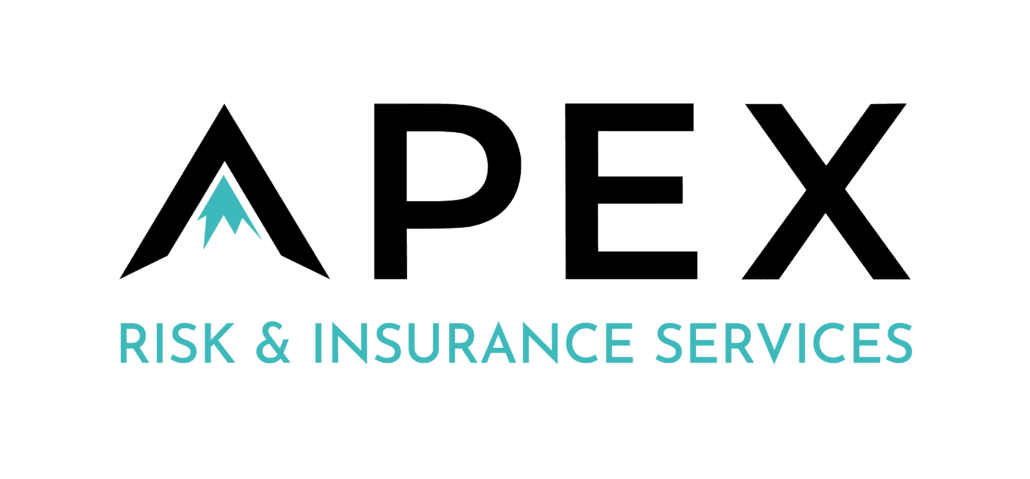EEOC Guidelines on Requiring COVID Vaccinations
You are permitted to require vaccinations as a condition of work, according to the Equal Employment Opportunity Commission (EEOC). However, if you choose to do so, there are several important protocols you must institute to ensure you don’t discriminate against someone in a protected group and open yourself up to legal liability. Pregnancy, age, genetic information, disability and religion are all crucial considerations to keep in mind.
Here are some key points from the COVID-19 guidance issued by the EEOC. The guidance is updated frequently, so check back often as new information becomes available.
Pregnancy
The Pregnancy Discrimination Act requires that women “affected by pregnancy, childbirth and related medical conditions be treated the same as others who are similar in their ability or inability to work.” This may apply to circumstances surrounding getting a COVID-19 vaccination. In some cases, vaccines are not recommended for pregnant women. This means that some pregnant women may not be able to fulfill an employer’s vaccination mandate. If you are going to institute a mandate, you must have a plan for accommodating pregnant women.
Age
Older individuals tend to suffer more severe consequences from COVID-19. Even if your goal is to protect older workers, you cannot disproportionately impose a vaccination mandate on them or keep them out of your workplace.
Unlike the Americans with Disabilities Act (ADA), the Age Discrimination in Employment Act (ADEA) doesn’t require you to provide reasonable accommodations, but you are free to work with individuals covered by the ADEA (anyone age 40 or above) to find reasonable and suitable workplace arrangements.
If you run your own workplace vaccination program, it would not be illegal to give priority to older employees in providing vaccinations, but talk to your human resources (HR) department or legal counsel first to make sure all your bases are covered.
GINA
The Genetic Information Nondiscrimination Act (GINA) bars employers from using employee genetic information to make decisions related to the terms, conditions or privileges of employment. It also precludes employers from acquiring employee genetic information (with six narrow exceptions) and from disclosing genetic information (again, with six exceptions). The applicability of GINA depends largely on who is administering the vaccine.
If your company will be vaccinating employees, you will need to do a pre-vaccination query, which could include questions about diseases or disorders (even in family members) that could contraindicate the vaccine for that employee. The questions asked will depend on the vaccine.
EEOC guidance states that pre-vaccination medical screening questions do not violate GINA unless they include questions about the employee’s genetic information, such as asking about the employee’s family medical history.
You may also want employees to provide proof of vaccination. Be sure to warn employees not to provide genetic information to your company as part of their proof of vaccination.
You may run into problems with proof of vaccination if there is a situation where an employee cannot receive the vaccination due to genetic reasons. Asking for any proof of why vaccination is contraindicated could violate GINA provisions. It’s a good idea to consult an expert in the field to make sure you are not at risk for violating GINA.
ADA
Some disabilities may prevent an employee from receiving a COVID-19 vaccination. If your vaccination requirement screens out or tends to screen out people with disabilities, you could face an ADA complaint. The best response is to make accommodations for such employees.
Work closely with your HR and legal team to work out provisions for employees with disabilities who cannot abide by a vaccination mandate if you choose to implement one.
Keep in mind that, just as with GINA, asking why an employee wasn’t able to be vaccinated could elicit disability information that you as an employer are not allowed to request, so be very careful in how you deal with proof of vaccination.
Religion
You may encounter employees who refuse to be vaccinated because of religious practice or belief. The EEOC says employers should assume that an employee’s request for religious exemption and associated accommodation is based on a sincerely held belief.
If you have an objective (evidentiary) basis for questioning the nature or sincerity of the belief, practice or observance, you may be justified in asking for supporting information from the employee, according to the EEOC. But be prepared to accommodate employees based on religious objections to any vaccination mandate, and consult with counsel as needed.
Incentives
Some employers have decided to offer incentives to encourage employees to get vaccinated. According to EEOC guidance, this is allowed as long as the incentives are not considered coercive. A large incentive could make your employees feel pressure to provide you with protected medical information.
Consider Your Risks and Insurance Coverage
In evaluating your company’s vaccination policies, you should look at all the applicable protections and requirements and consider your employment practices liability coverage for discrimination complaints.
You may have to develop a complex record-keeping and documentation system, whether you choose to vaccinate at the workplace or require proof of vaccination.
If you receive proof of vaccination, you must store that information confidentially and keep it in a separate file from the employee’s personnel file.
If you offer vaccination at the workplace, you may want to distribute patient fact sheets concerning the inoculation to your employees well in advance of the date of vaccination.
Remember, you might not know about your employees’ disabilities or genetic anomalies, and they might not want you to know. The same could be said about pregnancy and religious beliefs, both of which can be highly private matters.
Tread carefully as you develop your COVID-19 vaccination policies, and include your legal counsel and insurance professional in your deliberations at every step of the way. Never terminate or otherwise discipline an employee for failing to adhere with your vaccination mandate without first talking to counsel.
Any Questions?
If you have any questions about employment practices liability insurance (EPLI) or want to learn more about protecting your company, contact us today!
Apex brings the high-touch service proposition back to San Diego businesses and beyond.
At Apex Risk & Insurance Services, we want you to know and understand your options. We prioritize transparency and provide custom solutions to meet your insurance needs.Then, read on to learn more about the difference between professional liability insurance and errors and omissions (E&O) insurance.




